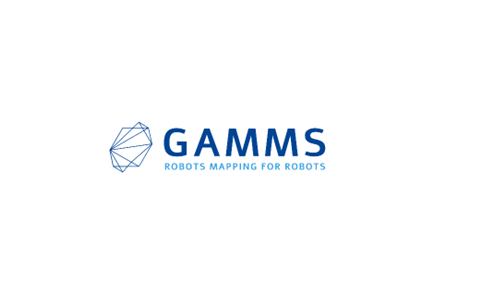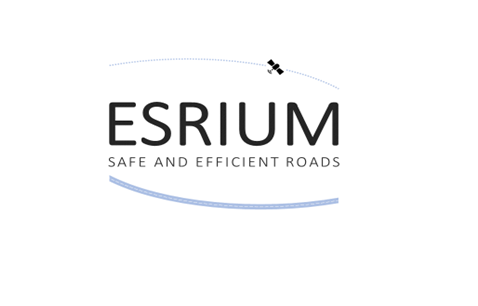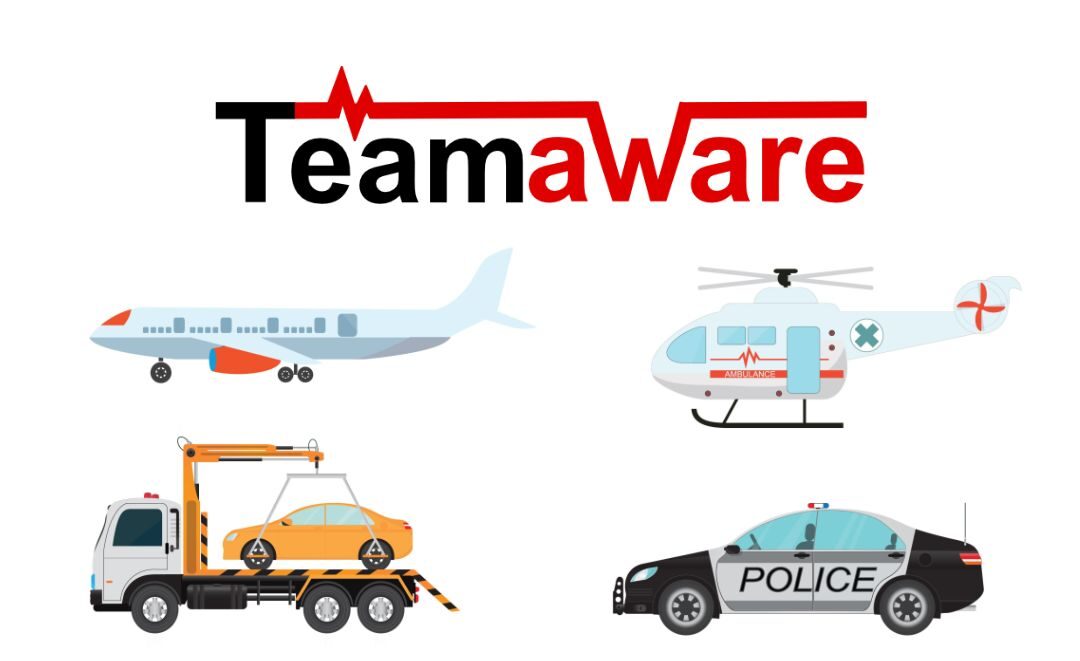GAMMS
GAMMS

Galileo/GNSS-Based Autonomous Mobile Mapping System
-
Grant Agreement number 101004255
30 months
July 2021 to December 2023
The challenge
The solution
GAMMS is a Horizon2020 project enabling the exploitation of space data for surveying and mapping. Our objective is to develop an autonomous terrestrial mobile mapping system (AMMS), based on the tight integration of autonomous vehicle (AV), navigation/geodetic, and artificial intelligence (AI) technologies. More specifically, we are developing:
- a mapping robot for geodata acquisition
- an AI-based highly automated mapping software to produce HD maps from the MMS remote sensing data.
The overall objective of GAMMS is to develop an autonomous terrestrial mobile mapping system (AMMS) based on the integration of:
- Objective 1
- Objective 2
- Objective 3
Autonomous vehicles (AVs)
Navigation/geodetics
Artificial Intelligence (AI) technologies
More specifically, we aim at developing an advanced prototype (TRL 6 to 7) of an autonomous terrestrial mobile mapping system –a mapping robot– based on an already existing Level of Automation 4 (LoA-41) AV for cm-level accurate and certifiable mapping to serve the needs of High Definition (HD) maps for autonomous vehicles.
Outcomes: Key results
Our result is the production of high-definition, multi-purpose and accurate maps in a much faster and cheaper way than today.
- Ultra-Safe Navigation
- High-Accuracy Trajectory Determination
- Certifiable And Traceable
- Affordable And Frequently Updated
Role of Enide in 3-Co
Exploitation
ENIDE leads the Market Interaction, Business Model & Commercialization work package (WP) in the GAMMS project. The main objective of this WP is to develop the market for GAMMS in Europe and worldwide to secure HD maps service contracts shortly before or right after the project's end. These service contracts will generate resources for further developing and marketing the AMMS (Autonomous Terrestrial Mobile Mapping System) technology and services.
Technology Scan
ENIDE´s role is pivotal in identifying and assessing the latest advancements and emerging technologies within the fields of autonomous vehicle (AV), navigation/geodetic, and artificial intelligence (AI) technologies. By conducting a comprehensive technology scan, ENIDE ensures that the development of the autonomous terrestrial mobile mapping system (AMMS) leverages the most innovative and relevant tools available. This includes the integration of cutting-edge technologies for the creation of a mapping robot for geodata acquisition and the development of AI-based highly automated mapping software to produce HD maps from the MMS remote sensing data. ENIDE's technology scan not only guides the technological direction of the GAMMS project but also helps identify potential improvements and enhancements to the AMMS, ensuring that the system remains competitive and efficient in the exploitation of space data for surveying and mapping.
Business Model Generation
ENIDE, with support from GEOSAT and other partners, refines and updates the main business model for commercializing the AMMS technology. The primary business model revolves around GEO providing HD map services. Additionally, components of the AMMS technology might target other markets under different business models. ENIDE develops an initial commercialization plan, including customer analysis and competition assessment, and identifies marketable components of AMMS based on project developments.
Business Plan Development
ENIDE takes on the critical role of Business Plan Development, working closely with project partners to create a robust and detailed business plan for the technologies developed within the project. This includes the autonomous terrestrial mobile mapping system (AMMS), which integrates autonomous vehicle (AV), navigation/geodetic, and artificial intelligence (AI) technologies. ENIDE's business plan outlines the overall strategy for bringing the AMMS to the market, focusing on the exploitation of space data for surveying and mapping. The plan covers various aspects, including target market analysis specific to geodata acquisition and HD map production, value proposition, revenue streams, cost structure, marketing and sales strategies tailored to the unique needs of the industry, and financial projections. By carefully planning the business aspects, ENIDE ensures that the GAMMS project's solutions have a solid foundation for market entry, long-term viability, and success in transforming the surveying and mapping landscape.
Exploitation and IPR management
ENIDE, in collaboration with partners, provides the methodology, metrics, and templates for preparing effective exploitation plans for GAMMS. The result is documented in Deliverable D7.3, the Dissemination and Exploitation Plan. This plan outlines specific business metrics for analyzing the exploitation potential, defines legal rights and obligations, sets the procedure for defining and agreeing upon Intellectual Property Rights (IPRs), and includes templates and procedures for preparing exploitation plans for GAMMS potential marketable products. ENIDE also manages the exploitation of valuable knowledge generated in GAMMS for further research, consultancy, education, and policy decision-making.
Communication & Dissemination
ENIDE leads the Communication and Dissemination task in the GAMMS project. The goal is to create awareness of the project and the scientific knowledge it generates.
Communication and Branding Strategy
ENIDE designs and executes a multifaceted communication strategy for the GAMMS project. This includes crafting social media campaigns, developing targeted messaging, and utilizing various channels to reach a wide audience. The strategy aims to create awareness of the project's research, innovations, and contributions to the field of geodata acquisition. Also, ENIDE oversees the branding efforts for the GAMMS project, creating a cohesive and appealing brand image. This includes designing project brochures, newsletters, logos, and other visual elements that reflect the project's identity and resonate with stakeholders.
Web Development and Digital Engagement
ENIDE manages the GAMMS project website, ensuring that it serves as an efficient communication tool with stakeholders. This includes regular updates, content curation, user experience enhancements, and integration with social media platforms. Also, ENIDE's role in the GAMMS project includes continuous digital engagement through various online channels. This involves creating and sharing content based on Key Performance Indicators (KPIs), engaging with online communities, and fostering a strong digital presence that supports the project's objectives.
Dissemination and Knowledge Sharing
ENIDE actively promotes GAMMS technical results and findings through presentations at conferences, congresses, and other events. This includes preparing and delivering engaging presentations, networking with industry experts, and showcasing the project's innovations. Also, ENIDE ensures that all project publications are accessible to a wide audience by uploading them to open repositories like project website, Zenodo and the ALICE Knowledge Platform. This approach promotes transparency and allows researchers, policymakers, and practitioners to access and utilize the project's valuable insights.
Supporting Roles
Market Screening
ENIDE collaborates in this activity led by GEO, where a comprehensive market screening is conducted to shape a realistic AMMS concept. This involves understanding user requirements, current technology, and the market dynamics. The outcome of the market screening contributes to the upcoming Market WP, and S4 provides expertise support.
Regulatory and Freedom to Operate Analysis
ENIDE collaborates in this activity, which involves monitoring the regulatory framework of autonomous vehicles (AVs) in Europe and other relevant regions throughout the project's duration. The goal is to stay updated on regulatory developments and address any potential challenges. Additionally, ENIDE and other partners monitor IPR and freedom-to-operate aspects to identify potential threats and trigger early alarms if needed. Specific sub-contracting is considered for this task, and a report is produced at t0+27.




